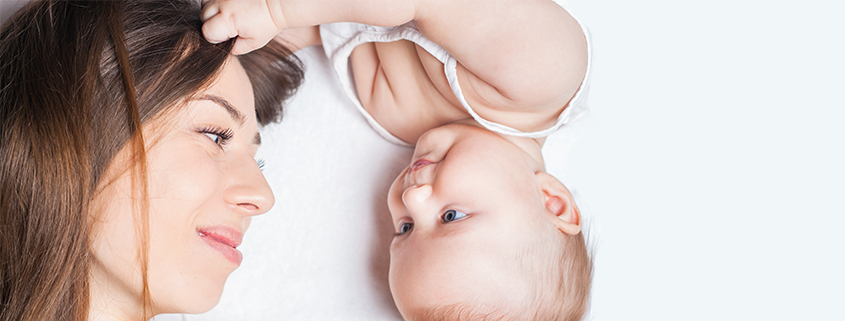Most pregnancy books talk about prenatal care – things to do while you are pregnant, how to take care of the unborn baby, etc. But o
Adequate rest
Sooner or later you will come to know that babies run on a different clock than adults. A typical new born wakes up almost every three hours, which is when it needs to be fed, changed and comforted. It is highly likely that sheer exhaustion can take over within a matter of weeks. Although a solid eight-hour sleep isn’t possible in the first few months, few suggestions can help you get more rest.
- It is important for the mother to be relieved of all responsibilities other than taking care of the baby and herself.
- Sleep when the baby sleeps. This is key to getting maximum rest during the day. You might sleep only few minutes every now and then, but they also add up.
- At night, have your baby’s bed near yours. This will ensure that you do not have to walk into another room to feed your baby at night.
- Go outside and enjoy the day for a while. You should also start walking and postpartum exercises as and when your doctor recommends.
- Friends and family will soon start visiting for a glimpse of the new born. Being a new mother, do not feel obligated to entertain them & feel free to excuse yourself for a quick nap or feeding your baby.
Right nutrition
During pregnancy, a woman’s body goes through a lot of changes. The weight that you gained during pregnancy helps build stores for the recovery process, post-delivery. Whether you breastfeed or formula-feed your baby, it is extremely important that you take care of your diet. A proper exercise routine should also be part of your diet plan. Remember to plan simple & healthy meals that include items from all recommended food groups.
- Grains – Food items that are made from wheat, barley, rice, oats, etc. are major grain products
- Vegetables – Choose a variety of veggies for your meal. Make sure to include green leafy vegetables, legumes and starchy vegetables in your meal.
- Fruits – Any fruit that is in season or 100% fruit juices should also be incorporated in your meal plan
- Protein – While choosing proteins, it is wise to choose lean meats and poultry. You can also include nuts, fish, seeds, peas and beans to add variety.
- Dairy – Choose fat-free or low-fat milk products in your diet that are high on calcium.
Always remember that is important to follow a healthy post pregnancy care routine. This will ensure that you are able to bounce back to health soon after the baby is born.






















































